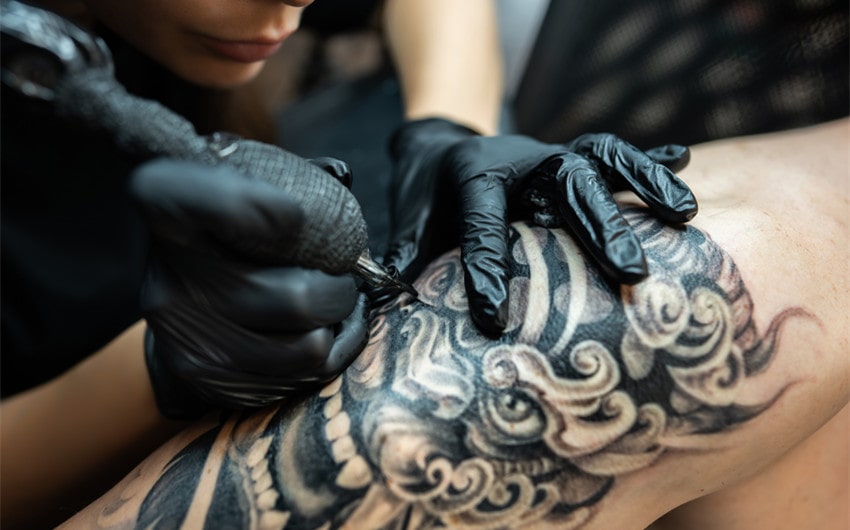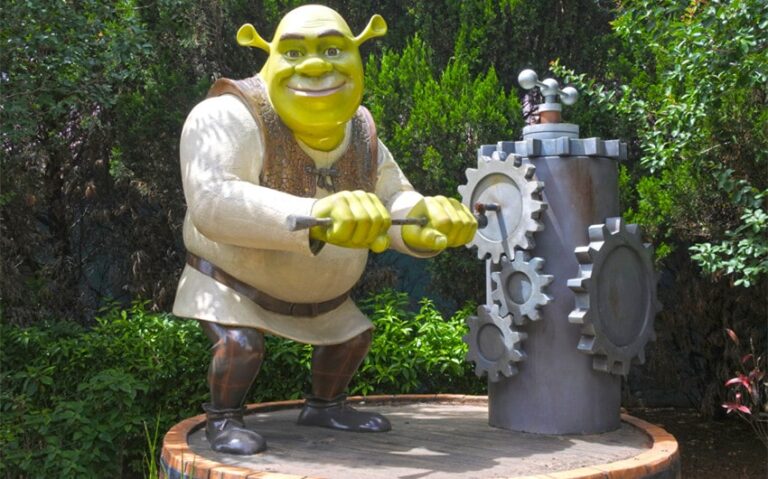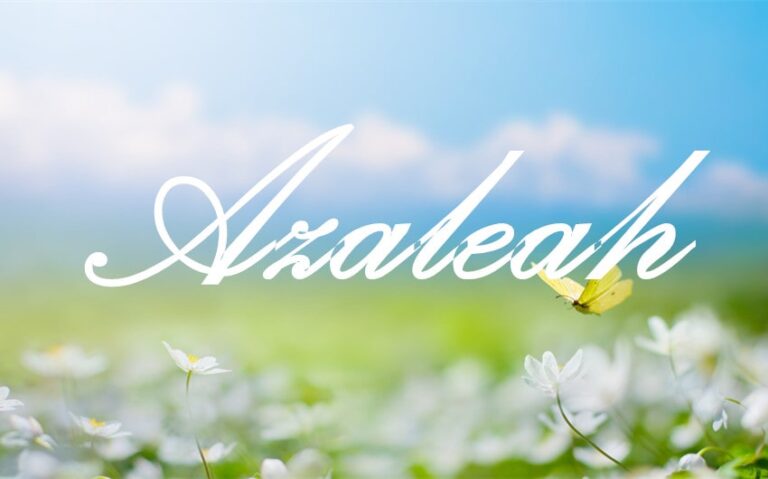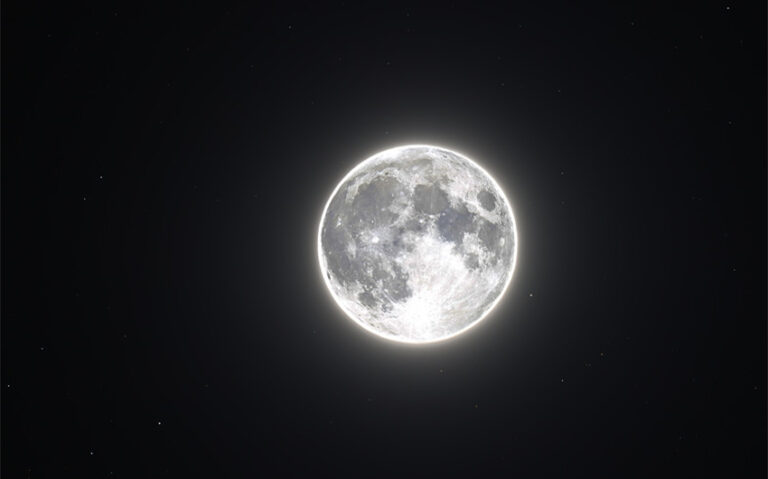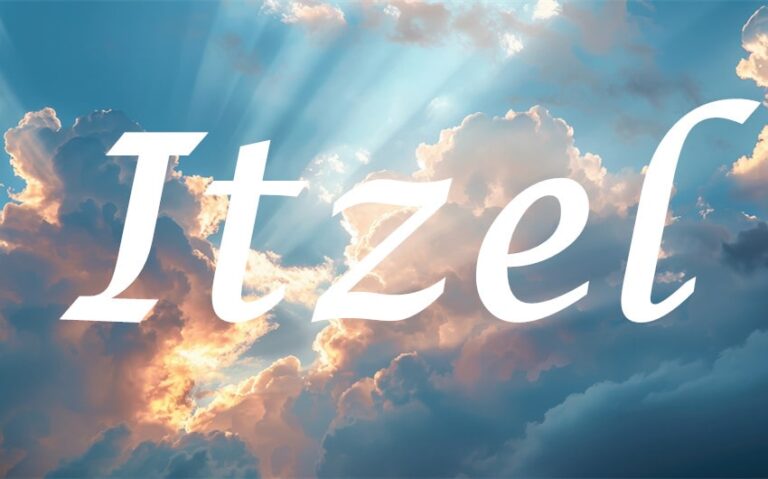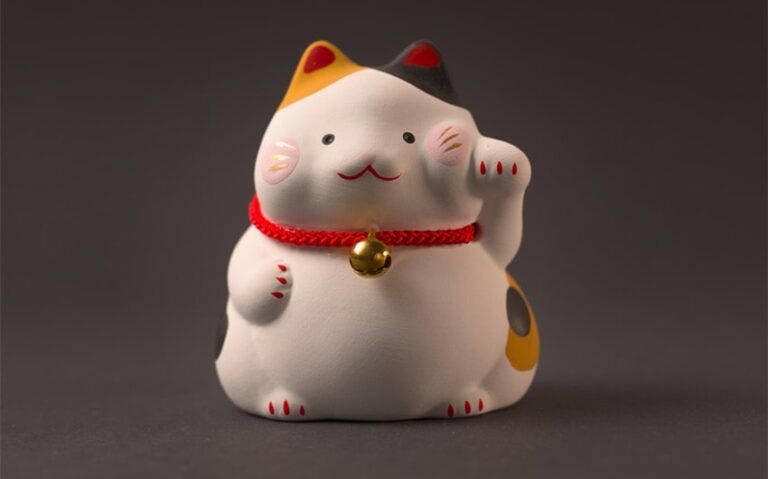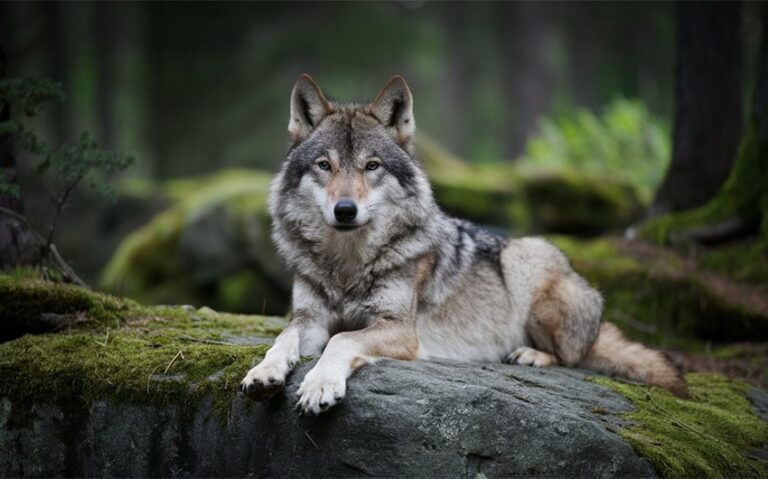Powerful Japanese Mask Tattoo Ideas with Deep Cultural Meaning
If you’re fascinated by designs that combine deep symbolism and striking art, Japanese mask tattoo ideas bring centuries of culture and meaning to life on your skin. Each mask in Japanese tradition carries a powerful story — from vengeful spirits and protective demons to wise guardians and tragic heroines. These tattoos are not just visually bold; they reflect emotions, beliefs, and personal journeys. Whether you’re drawn to the fierce Oni, the sorrowful Hannya, or the mystical Kitsune, each design tells a story that merges strength, mystery, and beauty in unforgettable ways.
The Cultural Significance of Japanese Mask Tattoos
Japanese mask tattoos are deeply rooted in ancient art, mythology, and theater. In Japanese culture, masks have long been used to portray gods, demons, spirits, and human emotions — often in religious ceremonies, Noh plays, or Kabuki performances. Each mask embodies a symbolic role, representing aspects of human nature such as jealousy, wisdom, courage, or transformation.
These tattoos go beyond aesthetics — they embody a bridge between the visible and the spiritual worlds. In folklore, masks were believed to protect wearers from evil, while in theater, they expressed emotions too profound for words. When inked on the body, Japanese mask tattoos represent that same blend of power and expression — capturing the complexity of the human spirit and one’s inner battles or strengths.
Oni Mask Tattoos (The Demon Protector)
Among the most recognizable designs, Oni mask tattoos are fierce and captivating. In Japanese mythology, Oni are demons or ogres known for punishing evil and protecting the innocent. Despite their frightening appearance, Oni are not purely malevolent — they often serve as guardians of justice, reminding people to stay honest and strong.
Oni mask tattoos typically feature large fangs, bulging eyes, and vivid expressions of rage or determination. Traditional designs use bold reds and blues to symbolize power, energy, and protection. Modern interpretations sometimes blend realism or geometric detail to enhance the dramatic effect.
These tattoos suit those who have overcome hardship or who seek a protective emblem of inner strength. The Oni’s ferocity reflects the ability to confront life’s darkest moments with courage and integrity. For many men and women, wearing an Oni tattoo is like carrying a spiritual shield against negativity and weakness.
Hannya Mask Tattoos (The Vengeful Spirit)
The Hannya mask is one of the most iconic and emotionally complex designs in Japanese art. It represents a woman transformed into a demon by overwhelming jealousy, heartbreak, or betrayal. However, the Hannya is not merely a symbol of rage — it also embodies sorrow, passion, and the duality of human emotion.
In traditional Japanese theater, the Hannya mask changes expression depending on the viewer’s angle — appearing angry from one side and sorrowful from another. This emotional duality translates beautifully into tattoo art, making it one of the most expressive Japanese mask tattoo ideas.
Hannya tattoos often feature sharp horns, metallic gold or red hues, and piercing eyes. They can symbolize heartbreak, strength through pain, or transformation after emotional struggle. For some, the Hannya serves as a reminder of the destructive power of jealousy; for others, it represents the wisdom that comes after emotional turmoil. The result is a tattoo that blends beauty, tragedy, and empowerment in one mesmerizing image.
Kitsune Mask Tattoos (The Fox Spirit)
In Japanese mythology, the Kitsune — or fox spirit — is a supernatural being known for intelligence, transformation, and divine connection. Often depicted wearing masks during traditional festivals, the Kitsune is both mischievous and sacred. It serves as the messenger of the god Inari, who represents fertility, prosperity, and protection.
Kitsune mask tattoos are deeply symbolic of adaptability, wit, and spiritual balance. They often feature a fox face with a serene or mysterious expression, sometimes accompanied by flames or rice sheaves that signify Inari’s blessings.
The Kitsune’s ability to shapeshift makes it a popular design for people who embrace change and complexity. It can represent personal evolution — the idea that, like the fox, you can adapt to different challenges while keeping your core identity intact. Some choose the white Kitsune for purity and divine guidance, while others prefer darker tones to express the cunning and playful aspects of the spirit.
Tengu Mask Tattoos (The Mountain Guardian)
Tengu masks are instantly recognizable with their long noses, fierce eyes, and commanding expressions. In Japanese folklore, Tengu are legendary creatures who dwell in the mountains — half-human, half-bird beings that embody both danger and wisdom. Once viewed as disruptive demons, they later evolved into protectors of sacred forests and skilled martial artists.
A Tengu mask tattoo symbolizes intelligence, confidence, and independence. It reflects a person who respects strength and spirituality but refuses to conform blindly. The Tengu’s red face represents vitality and authority, while its wings or feathers symbolize freedom of thought.
These tattoos often appeal to individuals who walk their own path — those who value discipline and inner strength. Some designs pair the Tengu with mountain landscapes or swords to highlight its warrior essence. In many cases, the Tengu tattoo is chosen by those who see wisdom and humility as the ultimate form of power.
Noh and Kabuki Mask Tattoos
Noh and Kabuki masks are treasures of Japan’s classical theater, each representing a specific emotion or archetype. Noh masks, carved with exquisite subtlety, can express sorrow, serenity, or spiritual awakening depending on the lighting and angle. Kabuki masks, on the other hand, are bold, colorful, and exaggerated — designed to convey emotion and drama to large audiences.
Tattoo artists often draw inspiration from these masks to create designs that reflect human emotion in pure form. A Noh mask tattoo might symbolize inner calm, introspection, or melancholy, while a Kabuki mask could represent passion, joy, or courage.
For those who love the artistry of performance and symbolism, these tattoos are perfect expressions of emotional authenticity. They can be rendered in vibrant red, white, and gold shades or as detailed black-and-gray linework. Some people choose specific Noh characters, such as the wise Okina or the mysterious Ko-omote, to reflect aspects of their own spirit.
Samurai and Warrior Mask Tattoos
Samurai mask tattoos, also known as Mempo or Menpo tattoos, are inspired by the armor worn by Japan’s legendary warriors. These masks covered the face during battle, both to protect and to intimidate enemies. Over time, they became symbols of bravery, loyalty, and honor — the core values of Bushido, the samurai’s code.
A samurai mask tattoo conveys discipline, sacrifice, and the readiness to face challenges head-on. The designs often feature fierce expressions, metallic textures, and intricate detailing that reflect the craftsmanship of traditional armor. Many people choose to pair these tattoos with swords, cherry blossoms, or kanji symbols that emphasize honor or strength.
For anyone who admires the warrior’s spirit, this tattoo serves as a reminder to live with courage and integrity. It’s a striking piece that celebrates the idea of protection — not just in combat, but in life’s everyday battles.

